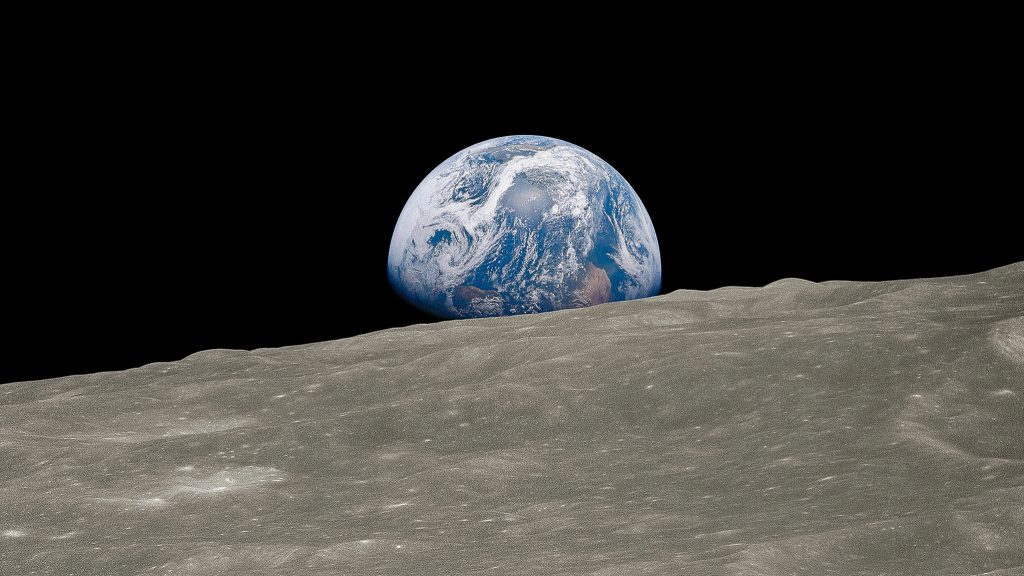“If the misery of our poor be caused not by the laws of nature, but by our institutions, great is our sin.” – Charles Darwin

An enormous storm is brewing. One that human civilization has never seen during its thousands of years of existence.
Our lives have now accelerated in an incredible way, our population has grown tremendously, while our only habitat, the seemingly vast but actually limited capacity planet Earth, is far from having inexhaustible resources. Not only do we use up our shared home to the extreme with our ever-increasing need for food, fresh water and energy, in addition to large-scale agriculture, we continue to pollute and damage our environment through our industry, as well as our wasteful and irresponsible lifestyle. Much of what has now been proven to be caused by human activity, global climate change directly threatens – or, at least, adversely affects – the lives of millions and even hundreds of millions of people, and indirectly, through local humanitarian disasters and far-flung refugee floods, can make a decisive difference in the destiny of all of us.
Moreover, the stability of our societies is also severely undermined by stagnating, from time to time even increasing social inequalities, in a disproportionate, unfair and, last but not least, unsustainable manner. While the majority of people are pulling the yoke and are getting bogged down in a squirrel wheel, trying to meet the demands of consumer society – or just barely vegetate, trying to survive the next day by existing on the periphery –, the latest advances in fast-paced technology benefit only a small segment of the population. What’s more, the increasingly critical technological crisis is threatening to render masses of jobs redundant due to the widespread use and proliferation of mechanization and artificial intelligence, which could lead to even greater social inequalities and tensions and, ultimately, to the complete bankruptcy of the economy, through a drastic drop of solvent demand.
And, if all that wasn’t enough, instead of working together to overcome the problems, smaller and larger nations and their alliances continue to play petty and shortsighted power games with each other. Either way we look at it, in spite of all our knowledge and modern tools accumulated over millennia, it is still the existential opportunism aimed at getting the better of each other and basically surviving that defines our daily lives. And this can be particularly perilous in a fast-paced and unstoppable world of globalization, functioning as a collection site and, at the same time, a collision field of intertwined but often conflicting cultures, religions and philosophies of life, which is potentially a source of conflict on a catastrophic scale.
Insofar as current tendencies do not change soon, chances are we will have to face a situation similar to war: famine, epidemics, increasing conflicts and burgeoning violence, actual wars, and, in the most extreme case, the disintegration of social order and our present civilization – a post-apocalyptic world that has so far been confined to the pages of books or movie frames. I fear that for a long time our civilization may fall back to a level similar to the ’Dark Ages’, from which if it emerges again, the process may become cyclically repetitive, with the hope of real breakthrough and ascension being rather faint and incidental. Thus, the vast amount of unnecessary deaths and suffering we already have today can soon multiply, if we fail to unite and work together to overcome the crisis that threatens us all and, at the same time, our offspring.
The good news is that we still have some, albeit rather short, time for change – it also seems certain, however, that we only have a realistic chance to successfully confront the global problems listed and their potential consequences in a much more sustainable world that is much more humane, inclusive and organized. As social and environmental sustainability go hand in hand, we must first put our societies in order to achieve the latter, for which it is essential to clarify and redefine our values and priorities, in order to ensure equilibrium and stability instead of unsustainable growth and inequality.
In these most critical of times, when it all depends on whether we succeed in putting an end to the existential opportunism associated with more primitive creatures, so that we can finally focus on things that are so much more significant, humanity is in sore need of a new, common identity. But in order to make a difference, we ought to be aware that much of our world is shaped by ourselves, therefore we can no longer rest on our laurels, but we must act, and act right now. Time presses increasingly, and if we are not prepared for the global challenges ahead, then we may even lose in our lifetimes everything that is important and dear to us.
The danger is very real, but we don’t have to live in permanent insecurity – since humans are intelligent and adaptable beings, it is only up to us. Therefore the only really important question concerning our future sounds like this:
What kind of world do You want to live in?